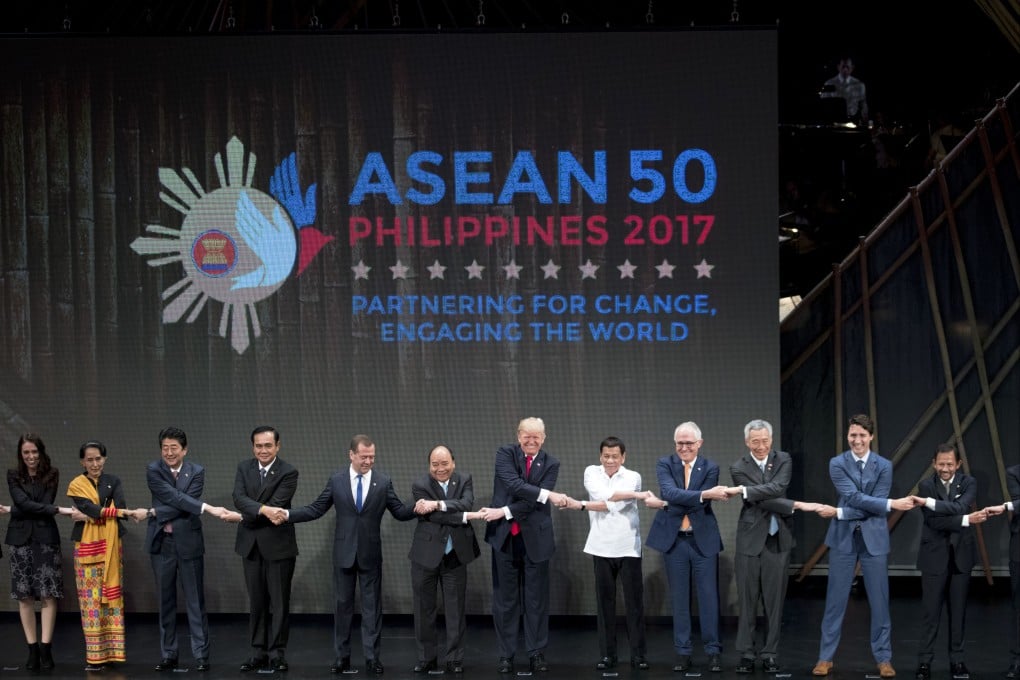Trump win makes balancing act between China and US even trickier for developing countries
The pledge to put 60 per cent tariffs on Chinese exports will have a major impact on economic decision-making across different continents

The Republican candidate had vowed to impose 60 per cent tariffs on all Chinese imports during the election and if he goes through with his pledge, countries in Latin America, Africa and Southeast Asia will have to consider how to deal with the impact on their own economic and trade policies.
Analysts said countries in the latter region, in particular, will have to think about what the implications for their security policy will be if tensions between the two superpowers intensify.
Meanwhile, in Africa the biggest concern may be a further loss of US interest in the continent, where China has a long-standing presence and commitments.
Trump’s approach to China “will likely impact the extent to which Latin American countries will be able to pursue more independent and pragmatic foreign policies with respect to Beijing,” according to Zoon Ahmed Khan, a research fellow at Tsinghua University’s Belt and Road Strategy Institute.
